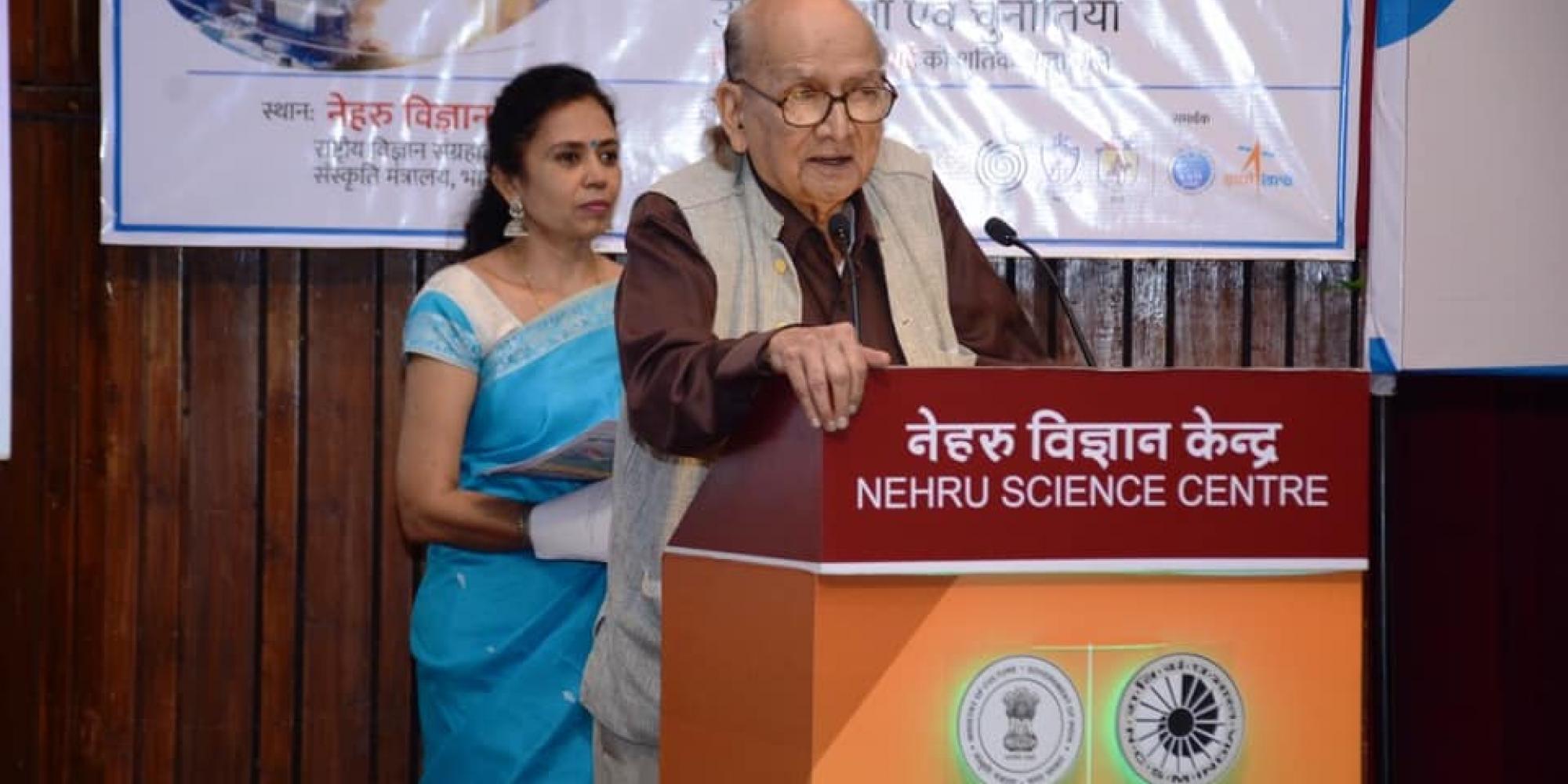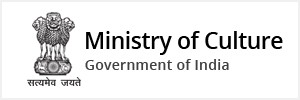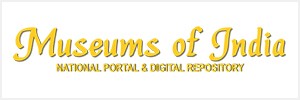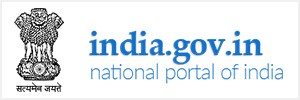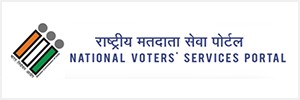Yesterday, Prof. Shashikumar Madhusudan Chitre (84), one of the very well known scientists closely associated with Science Communication and very closely associated with the Nehru Science Centre, Mumbai as a member of the Executive Committee and also in several other capacities for many decades, had passed away at the Kokilaben Ambani Hospital in Mumbai. This tragic news reminded me of how closely Prof Chitre was associated with our Centre. Just a few days back - 7th January, 2021, while making a presentation about our Centre to Mr Rajendra Pawar, the Chairman of the Agricultural Development Trust, Baramati and his team, we had used couple of the images of Prof Chitre addressing the students from our auditorium and his ever smiling face was so very fresh in my mind and suddenly the tragic news of his death came as a big blow for me. Prof Chitre was very closely associated with our Centre, ever since the early days of its development in the early 1980s and his association continued for nearly four decades.
The Nehru Science Centre in association with the National Centre for Science Communicators, Mumbai had organised a National Conference on “India in Space and Nuclear Energy: Achievements and Challenges” at our Centre. This mega event was organised as a mark of our respect and tribute to Dr. Vikram A Sarabhai, the father of Indian Space Program and the founder of Indian Space Research Organisation (ISRO) at our Centre on his birth centenary. This event was inaugurated by Prof Chitre and some of the images of the event are included in this tribute. Some of the dignitaries present on the occasion included Dr. R. Chidambaram, Former Principal Scientific Advisor to the PM and to the Union Government; Shri A.S. Kiran Kumar, Former Chairman, ISRO; Shri Srikumar Banerjee, Chancellor, Homi Bhabha National Institute; Dr. Ashok Dalwai, CEO, National Rainfed Authority, Dr. Mallika Sarabhai, daughter of Dr. Vikram A. Sarabhai and others. I vividly remember that Prof Chitre delivered an outstanding inaugural lecture and spoke of some of the most memorable moments of his association with Dr Sarabhai. He, in his quintessential elegant style, also spoke about how Dr Sarabhai and Dr. Bhabha, kind of a, courted Mrinalini the famous classical Bharatanatyam dancer, at IISC Bangalore and that Sarabhai won this race and went on to marry Mrinalini, who then became Mrinalini Sarabhai. Dr. Mallika Sarabhai, daughter of Mr and Mrs Vikram Sarabhai, who was present in the audience during his lecture was the one who enjoyed this anecdotal rememberance of her father by Prof Chitre, the most.

I have had so many occasions to meet Dr Chitre on different platforms not just at our Centre but also at other places and his vivacious nature is so very fresh in my mind which will never be removed from my memories. He was one of the members of the Executive Committee of the Nehru Centre Trust, which is chaired by Sharad Pawar Ji and in my capacity as the Director of the Nehru Science Centre, I am one of the invites to this meeting, which Prof Chitre attended quite regularly. He always invoked his experience with Nehru Science Centre during these meetings.
Prof Chitre was an eminent Indian Astronomer who excelled in Solar Physics. His scientific research was focused on solar physics, astrophysics and gravitational lensing. He is credited with an outstanding research on the Sun's magnetic activity cycle, the solar dynamo theory, and the role of neutrals in the solar atmosphere. Prof Chitre was a classmate of Prof Roger Penrose, who won this years Nobel Prize in Physics, at Cambridge. He served as the faculty member at the Tata Institute of Fundamental Research from 1967 until his retirement in 2001. He was the UGC National Lecturer in Physics during 1975-76 and held several visiting positions both nationally and internationally including the ones at Universities of Cambridge, Princeton, Sussex, Amsterdam, Columbia and Virginia. He was also a MaxPlanck Fellow at the MaxPlanck Institut fur Extraterrestrische Physik, Munich. He was the Senior Research Associate of the National Academy of Sciences, USA at Goddard Space Flight Centre, NASA. Some of his other acclaims in academics include a Perren Visiting Fellow and a Visiting Professor of Astronomy at Queen Mary and Westfield College of the University of London, during 1992-1993, 1994-1995 and 1997 and a Visiting Professor at the Physical Research Laboratory, Ahmedabad during 1999-2000. He also was the Leverhulme Visiting Professor at Queen Mary College, University of London, 2001 & 2002 and a Visiting Astronomer at the Institute of Astronomy, Cambridge during the Easter terms of 2003-2005 & 2007.
Prof Chitre was the Raja Ramanna Fellow at the University of Mumbai during 2001-2006. He also served as President of the Astronomical Society of India, Chairman of the Indian National Committee for Astronomy, Chairman of the Bombay Association for Science Education, a member of the Management Boards of the National Centre for Radio Astrophysics and the Homi Bhabha Centre for Science Education, a Council Member of the Indian Academy of Sciences Bangalore, the Indian National Science Academy, New Delhi and the National Academy of Sciences, Allahabad, India. He was also a member of the Executive Committee of the Nehru Science Centre, Mumbai. Prof Chitre was also the Fellow of some of the most eminent societies in India and abroad namely; Indian Academy of Sciences, Indian National Science Academy, National Academy of Sciences, India, Third World Academy of Sciences, Maharashtra Academy of Sciences, Royal Astronomical Society, International Astronomical Union and others.
Prof Chitre was born on the 7th May, 1936 and graduated in Mathematics from the Elphinstone College Mumbai in 1956. He was awarded the Duke of Edinburgh Scholarship to study abroad and he joined the Peter-house College, University of Cambridge where he completed another bachelor's degree in 1959. In 1960, he was selected as the Peterhouse Scholar, with which he completed his master's degree. Dr Roger Penrose was one of his classmates at Cambridge. Dr Chitre completed his PhD from the Department of Applied Mathematics and Theoretical Physics of Cambridge, in 1963. He started his professional working career as a lecturer at the University of Leeds the same year and continued to work there till 1966. It was during this period that Prof Chitre obtained another fellowship to join the California Institute of Technology, Pasadena. After completing his fellowship at the prestigious Caltech, Prof Chitre returned back to India In 1967 to join the faculty at the TIFR. He remained with TIFR, where he continued to perused his research in physics and astronomy until his retirement in 2001.
Prof Chitre has received innumerable awards and felicitations including the prestigious Padma Bhushan, award which he received in 2012. Prof Chitre has also served as a member of innumerable committees including the member of the Executive Committee of our Centre. He was also on the board of Nehru Centre trust. He was an extraordinarily committed science communicator and was very passionate about science education. He has delivered number of lectures in our centre and so also in schools and colleges. Prof Chitre was the voice behind first ever astronomy show in Mumbai's iconic Nehru Planetarium. He was also the former president of Astronomical Society of India and was member of multiple committees in recent decades which shaped India's science policy. Prof Chitre was also a member of the prestigious Tata Sons on their Tata Endowment Fund.
Prof Chitre had that quintessential look of a scientist and he was admirably loved by school students, who used to throng our Centre for listening to his lectures. I have had the pleasure and have been very lucky to have shared a common platform with Prof Chitre on several occasions both at Nehru Science Centre and so also in other places, whose memory will remain etched in my memory. Today when Prof Chitre has bid us final good bye for his journey to the heavenly abode and as the mortal remains of Prof Chitre have been confined to the holy flame, his outstanding contribution to Solar physics and astronomy and Science Communication and also to our council and our centre, will ever be remembered. I join innumerable other scientific fraternity and country men in praying for his noble soul to rest in eternal peace and for his family to be blessed with the strength to bear this irreplaceable loss.
Post Credit: Shri S. M. Khened, Director, Nehru Science Centre, Mumbai

